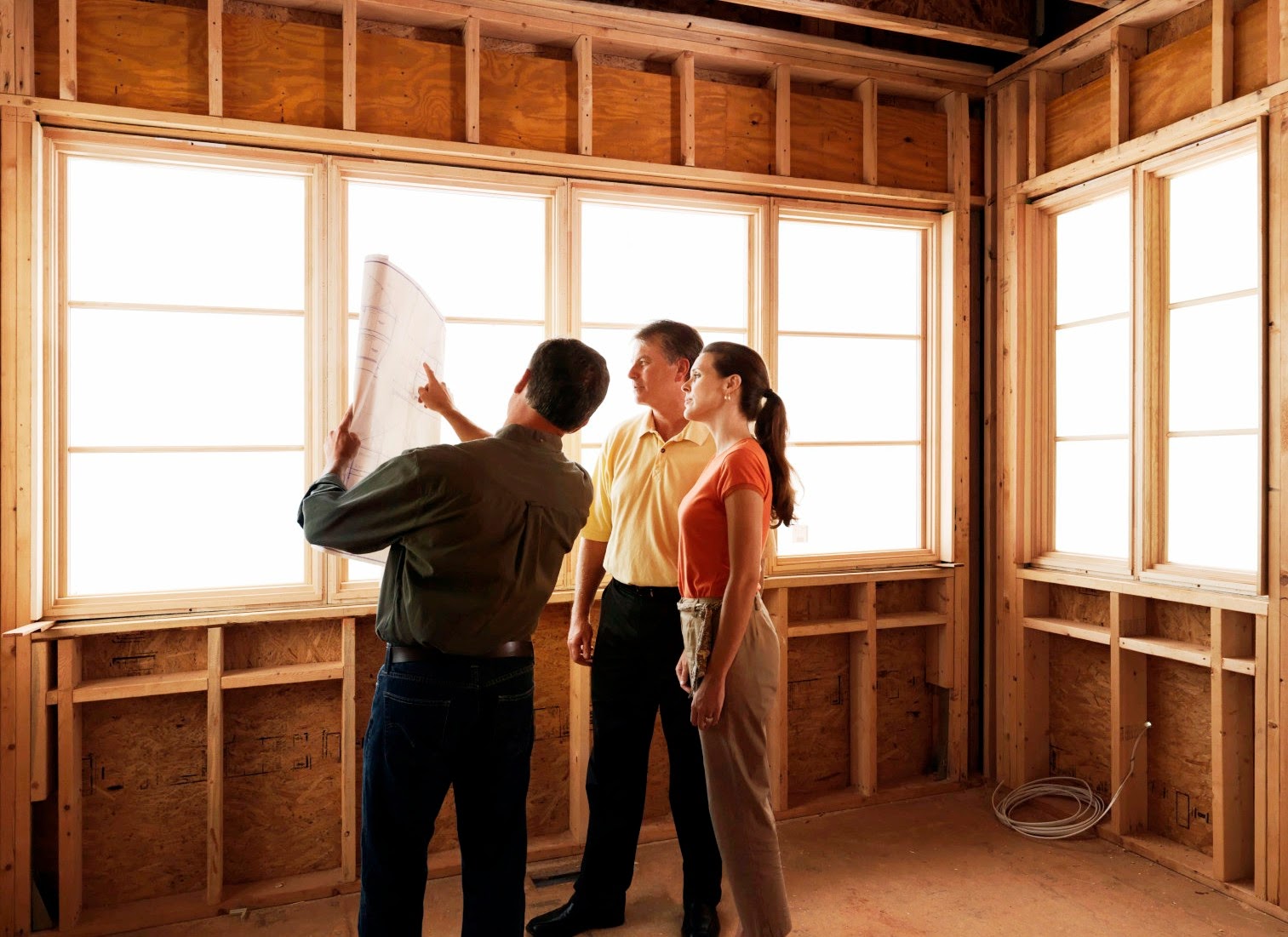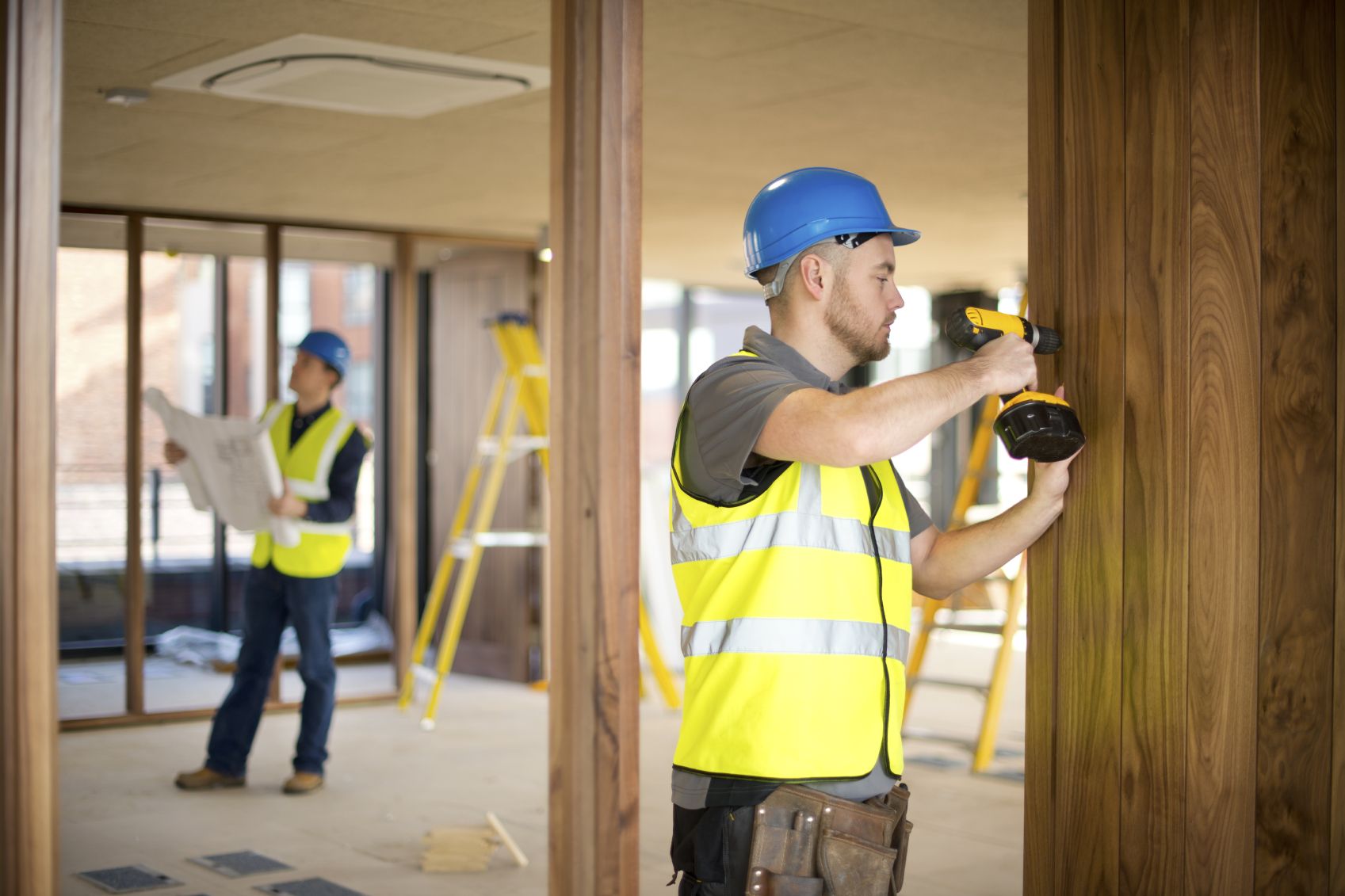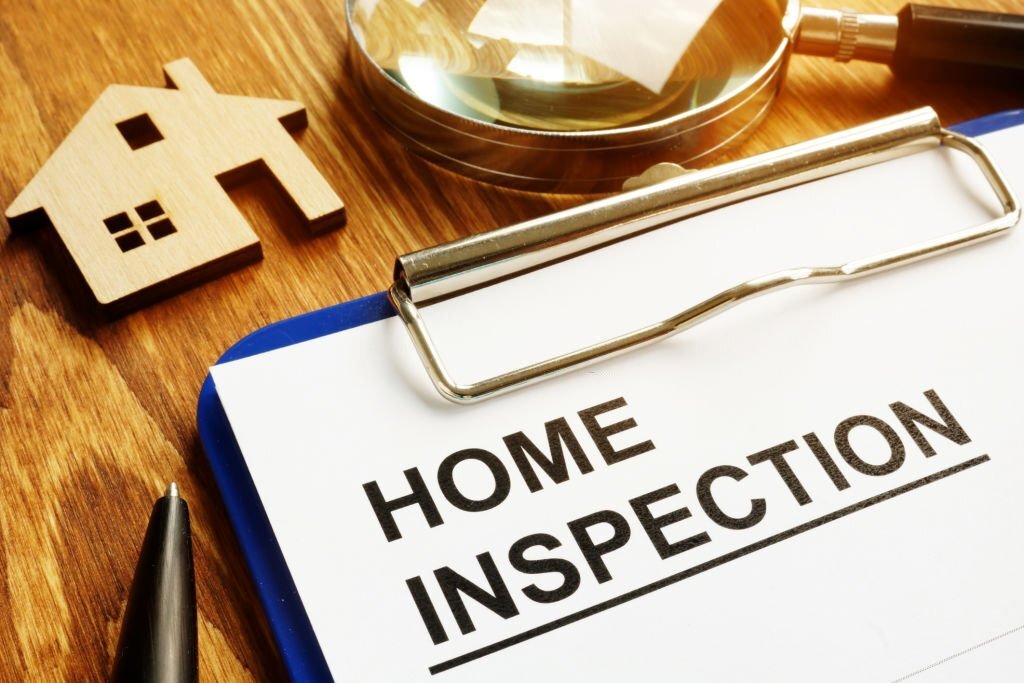Protecting Your Home: A Guide from The Arizona Home Inspector Pros

Buying a home is one of the biggest investments most people will ever make. Protecting that investment should be a top priority for every homeowner. Regular maintenance, updates, and inspections are key to keeping your home in good shape and avoiding expensive repairs down the road.
At the Arizona Home Inspectors Pros, we know that home maintenance can seem daunting. But with some basic knowledge about common issues, you can keep your home safe and functioning properly for years to come. Read on for our guide to protecting your most valuable asset.
Conduct Regular Inspections
The best way to stay ahead of problems in your home is through regular inspections. The Arizona Home Inspector Pros recommends getting a professional home inspection at least once per year. An annual check-up will identify issues before they become emergencies.
During the inspection, the home inspector will check all of the home’s major systems and components. This includes the roof, foundation, electrical system, plumbing, HVAC, and more. The inspector will look for signs of wear, damage, leaks, or potential hazards. After the inspection, you’ll receive a detailed report outlining any repairs or updates needed.
Annual inspections allow you to budget for home maintenance and avoid surprise repairs. Even if you don’t see any obvious issues, it’s wise to get an inspection. Small problems can become big headaches if left unaddressed.
In addition to professional inspections, you should also conduct your visual checks between annual visits. Walk around the exterior and interior, looking and listening for any signs of trouble. Check the roof, siding, windows, and doors for damage. Turn on faucets and flush toilets to check for leaks or clogs. Make sure appliances are functioning properly. Address any small issues immediately to prevent further damage.
Update and Maintain Systems
Your home’s systems – electrical, plumbing, HVAC, etc. – endure a lot of wear and tear over time. As components age, the risk of failure increases. That’s why it’s important to maintain and update these systems regularly.
HVAC:
Have a technician inspect your heating and cooling system each year before peak heating and cooling seasons. Replace air filters monthly. Have ductwork cleaned every 3-5 years to improve energy efficiency and air quality.
Plumbing:
Inspect pipes regularly for leaks, corrosion, and clogs. Have a plumber snake drains and inspect sewer lines every 3-5 years. Update old galvanized pipes, which corrode over time. Consider a tankless water heater when replacing the traditional water heater.
Electrical:
Have a licensed electrician inspect the electrical system every 5-10 years. Replace any knob-and-tube wiring, which is obsolete and dangerous. Update outlets, switches, and light fixtures as needed. Consider whole home surge protectors.
Also update any equipment near or beyond its lifespan, such as the water heater, furnace, and AC compressor. Keeping systems well-maintained saves money in the long run.
Protect Against Moisture Damage
Excess moisture is the #1 cause of home repair issues. From mold growth to collapsed foundations, water damage can be extremely expensive to fix. Here are some tips for keeping moisture under control:
- Inspect the roof annually and repair any damaged shingles, flashing, or gutters
- Check for leaks under sinks and around toilets, bathtubs and showers
- Look for damp spots on walls and ceilings that indicate water intrusion
- Ensure the ground around the home slopes away from the foundation
- Clean gutters and downspouts regularly
- Run exhaust fans, dehumidifiers, and air conditioners to control humidity
- Seal any cracks and openings in the foundation with caulk
- Consider installing a sump pump if you have a basement prone to flooding
Left unchecked, moisture issues will only worsen over time. At the first sign of a leak, excess humidity, or dampness, take action to locate and repair the source.
Improve Energy Efficiency
Making your home more energy efficient saves money while also extending the life of your HVAC system. According to the U.S. Department of Energy, the key steps are:
- Seal air leaks with caulk and weatherstripping
- Increase insulation in the attic, walls, and floors
- Upgrade to ENERGY STAR-certified appliances when replacing old models
- Replace incandescent light bulbs with LEDs
- Install a programmable thermostat
- Upgrade leaky windows and exterior doors
- Consider solar panels to reduce electric costs
- Have an energy audit done to identify further ways to improve efficiency
Even small fixes like sealing air leaks and adding insulation can make a noticeable difference in your energy bills. And energy-efficient upgrades like new windows pay for themselves over time.
Protect Against Intruders
Unfortunately, break-ins are a risk for every homeowner. But you can substantially reduce the odds by taking basic precautions:
- Install deadbolt locks on all exterior doors
- Keep doors and windows locked at all times
- Install motion sensor lights on the exterior
- Keep landscaping trimmed back from doors and windows
- Make sure gates, fences, and garage doors are secure
- Consider a security system with door sensors and security cameras
- Keep valuables in a home safe when not being used
- Log serial numbers of electronics and take photos of valuables
- Join a neighborhood watch program to keep an eye out for suspicious activity
- Make arrangements for mail, newspaper, and package pick-up if away for extended periods
Taking sensible security measures deters potential thieves. Make your home an unattractive and difficult target. Promptly report any suspicious activity to the police. And document valuables in case a theft does occur.
Have an Emergency Plan
Despite your best efforts, emergencies can happen. Develop a plan for responding to issues like fires, floods, and blackouts. Teach family members where to meet and what to do in an emergency. Also assemble an emergency kit with:
- Working flashlights and battery-powered lantern
- Battery-operated radio
- Backup chargers for phones and other devices
- First aid kit
- Several days’ supply of water and non-perishable food
- Extra batteries, medication, eyeglasses, etc.
- Copies of important documents in a waterproof container
- Cash in case ATMs are unavailable
Post emergency numbers by phone and make sure everyone has contact info saved in their phones. Practice your evacuation plan twice per year. Preparation helps minimize disruption and ensure safety in the event of an emergency.
Protect Your Finances
A significant home repair bill can derail your finances if you’re not prepared. To protect your wallet:
- Have at least 6 months of savings set aside for emergencies
- Review homeowner insurance annually and adjust coverages if needed
- Purchase flood insurance if at risk for flooding
- Set aside funds annually in a maintenance reserve account
- Have major systems and the roof inspected before buying a home
- Obtain a home warranty when purchasing a new home
- Refinance your mortgage if rates drop significantly
Proper insurance is essential to avoiding major out-of-pocket costs for repairs. Building savings provides a financial cushion in case your home needs multiple repairs in a short timeframe. Proactive maintenance keeps issues from popping up in the first place.
Invest Wisely for Long-Term Gain
Regular upkeep and updates may require an investment of time and money. But protecting your home pays off exponentially in the long run through:
- Maintained or increased property value
- Lower monthly costs for utilities and incidentals
- Reduced stress, hassle, and inconvenience
- Enhanced comfort, safety, and livability
- Avoidance of much more costly emergency repairs
- Extended lifespan of all home systems and components
while home maintenance isn’t always fun or glamorous, it’s one of the smartest investments you can make. Protecting your home safeguards your financial well-being and provides comfort and stability for years to come.
For professional inspection and problem-solving services, contact the knowledgeable team at The Arizona Home Inspector Pros today.



